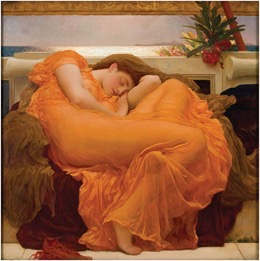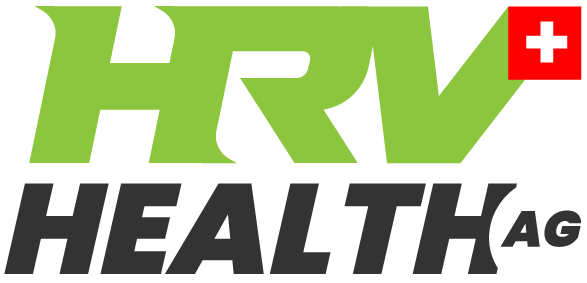Doctors often prescribe sleep as the remedy to illness. It’s true that sleep is critical in the prevention of Alzheimers Disease[1]Sleep: a novel mechanistic pathway, biomarker, and treatment target in the pathology of alzheimer’s disease?, various cancers, diabetes, hypertension[2]Overanxious and underslept., pneumonia[3]A prospective study of sleep duration and pneumonia risk in women., heart disease and even the common cold[4]Sleep habits and susceptibility to the common cold.. 
Twice a year, the world conducts a sleep experiment using 1.7 billion subjects across 70 countries called “Daylight saving”. It turns out that in Spring when we lose an hour of sleep, there are 24% more heart attacks, and in the Autumn, there are 21% fewer[5]Daylight savings time and myocardial infarction..
We often see the impact of a poor night’s sleep in HRV readings the following day. In the longer term, protracted period of poor sleep results on a deterioration in overall health, reflected in much lower HRV, higher stress levels, and a poor Poincaré plot ratio.
It is a myth that you can accumulate sleep, like the savings in a bank, in preparation for a period of planned sleep deprivation. The body and the brain don’t work that way.
The other myth: that alcohol helps sleep is nonsense too. Alcohol causes sleep apnea – yes you wake up more often, you just don’t remember it.
In addition, there are two crucial stages of sleep, deep sleep and REM (or Rapid Eye Movement) sleep. The former occurs more during the first four hours of sleep, the latter during the second half. Sleep works in cycles of approximately 90 minutes during which we move from light to deep with four levels of gradation, 1 and 2 being light, 3 and 4 are deep.
It is during deep sleep and REM sleep that the good things happen to our brains and body. That’s when we recuperate and regenerate.
Sleep deprivations leads to a shorter and less healthy life. The right amount of sleep makes for a longer and healthier life.
And you can’t catch up for lost sleep. In fact trying, by sleeping in, has a completely opposite effect. Regularity is key to good sleep. If you’ve lost out on sleep, making up for it on the weekend is just as bad. Your body and brain have internal clocks, and changing bed and wake times disrupts those clocks, resulting in poor sleep quality, and a shorter lifespan and poorer health.
Right, so obviously the solution is sleeping tablets. Actually not. It turns out that medically induced sleep switches off many of the recuperative functions that make sleep the miracle worker that it is[6]Clinical pharmacology in sleep medicine. Sleeping tablets are not the answer.
Then there is coffee. Coffee works in helping wakefulness. But it can also be very disruptive, so it should be avoided in the ten hours before going to bed (more or less). It can also build a dependency which brings with it a number of effects that can lead to poor sleep in the longer term.
In this three hour video (yes, three hours) Drs Andrew Huberman and Matthew Walker discuss the biology of sleep, including its various stages and what specifically happens to those stages when we don’t get enough sleep. They also discuss the effects of sunlight, caffeine, alcohol, naps, hormones, exercise, marijuana, sexual activity, and various supplements on sleep. The episode consists of both basic science information and many science-supported actionable tools.
Here you will certainly learn many of the secrets towards getting the sleep that you want and need:
Read more:
Meal Timing Regulates the Human Circadian System
β-Amyloid accumulation in the human brain after one night of sleep deprivation
Sleep Duration and All-Cause Mortality
Five daytime hacks to fight fatigue and improve your sleep
Seven ways to improve your sleep according to science
References
